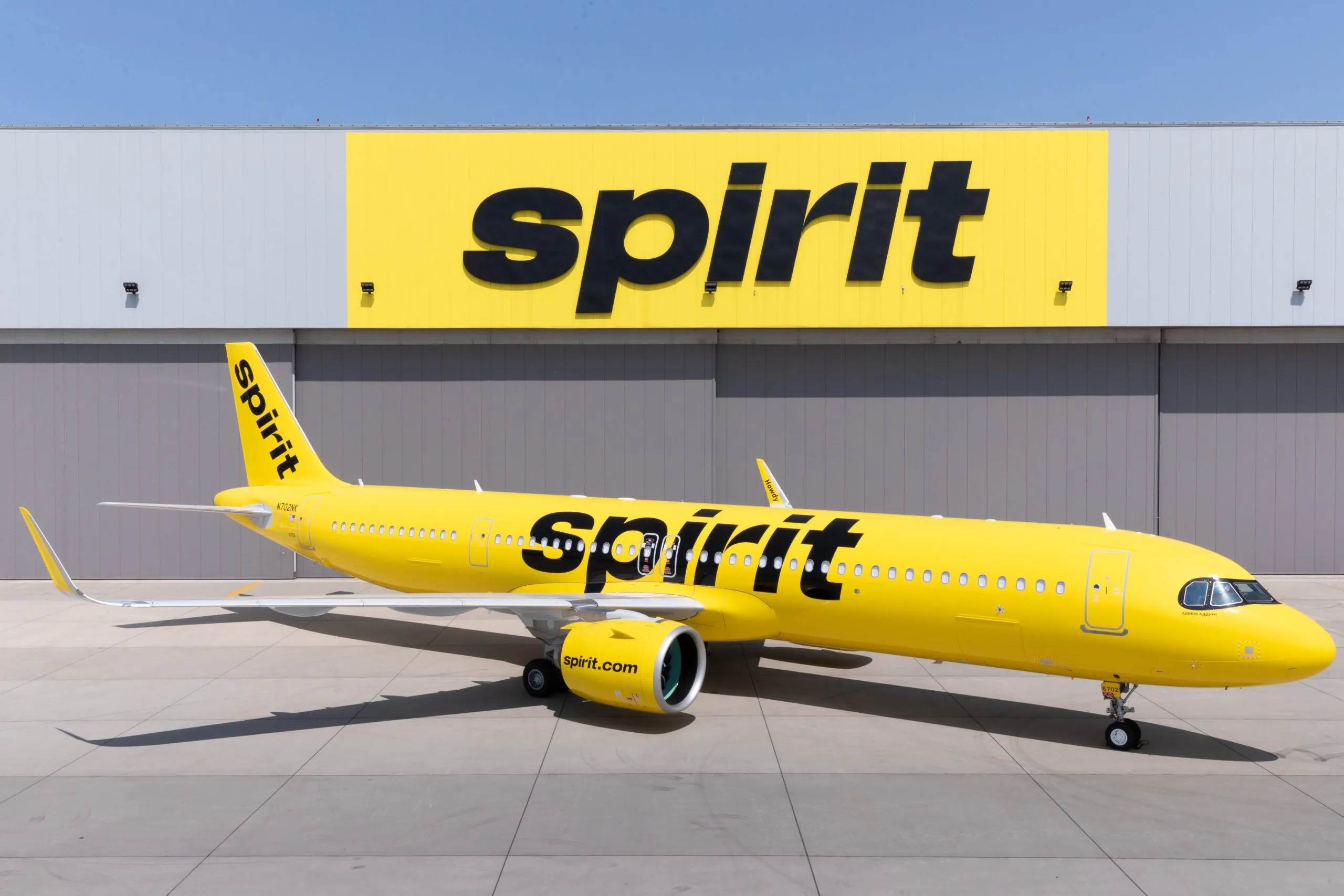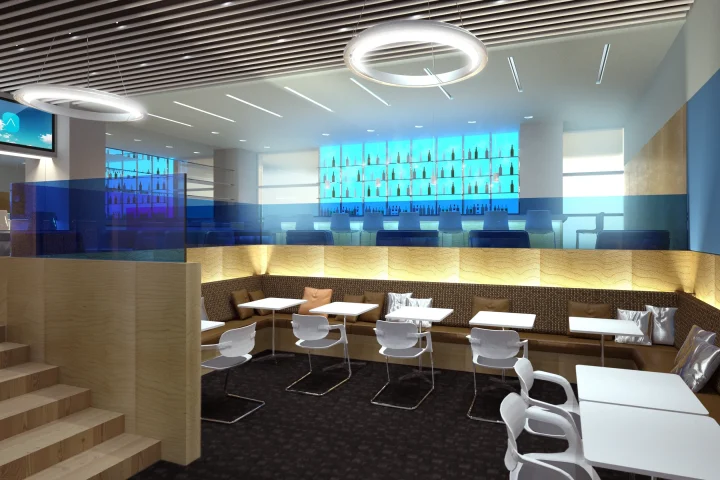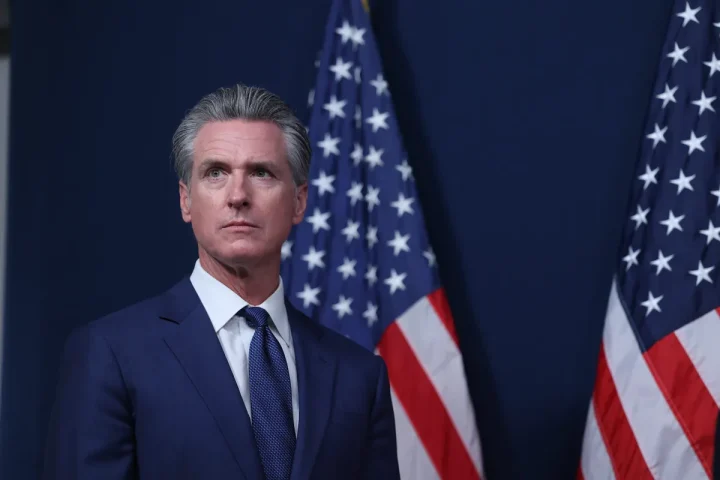Spirit Airlines has gained court approval for a crucial financial rescue package worth $475 million, along with an additional $150 million payment from its largest aircraft lessor, AerCap, as the budget carrier continues its fight to stay aloft amid mounting financial challenges and its second bankruptcy filing in less than a year.
The U.S. Bankruptcy Court for the Southern District of New York approved the $475 million in debtor-in-possession (DIP) financing, a special type of funding that allows companies in bankruptcy to keep operating while restructuring. As part of the deal, Spirit will immediately gain access to $200 million of the financing, providing much-needed liquidity to maintain operations, pay employees, and continue limited flight services.
Judge approval also covered a $150 million payment from AerCap Spirit’s largest aircraft lessor and authorized the airline to reject 27 aircraft leases as part of its broader effort to reduce costs and streamline its fleet.
“We are pleased to have reached another significant milestone in our restructuring, which represents continued progress toward securing a successful future for Spirit,” said Spirit CEO Dave Davis in a statement released Friday.
The Florida-based carrier has been implementing aggressive cost-cutting measures to navigate through the crisis. In recent weeks, Spirit announced plans to slash dozens of routes, reduce its fleet size, and furlough about one-third of its flight attendants. The airline is also in ongoing negotiations with its pilots’ union, seeking roughly $100 million in concessions to help stabilize operations.
Spirit Airlines financial turmoil is the result of a confluence of setbacks. The airline was hit hard by an engine recall affecting its Airbus A320neo fleet, which forced it to ground several aircraft. Compounding that blow was the collapse of its proposed merger with JetBlue Airways, after regulators blocked the $3.8 billion deal earlier this year.
At the same time, Spirit Airlines has faced rising labor and operational costs, as well as shifting consumer preferences toward more premium travel experiences an area where the ultra-low-cost carrier has historically struggled to compete.
In an effort to reinvent itself, Spirit Airlines has spent the past year experimenting with roomier seating, fare bundles, and upgraded onboard services. The airline has sought to move beyond its long-standing reputation for no-frills flying and à la carte pricing where passengers pay separately for seat selection, carry-on bags, and other amenities.
However, the transition has been rocky. Analysts have questioned whether Spirit can successfully reposition itself without alienating its core base of cost-conscious travelers or undermining the very business model that once fueled its growth.
The newly approved financing gives Spirit temporary breathing room to continue operating while restructuring its finances and exploring long-term options, including potential asset sales or strategic partnerships.
The coming months will be critical as the airline works to stabilize its balance sheet and regain consumer confidence amid an increasingly competitive market dominated by larger, more financially stable carriers.
For now Spirit Airlines immediate challenge remains clear: staying airborne literally and financially while charting a sustainable path forward.








